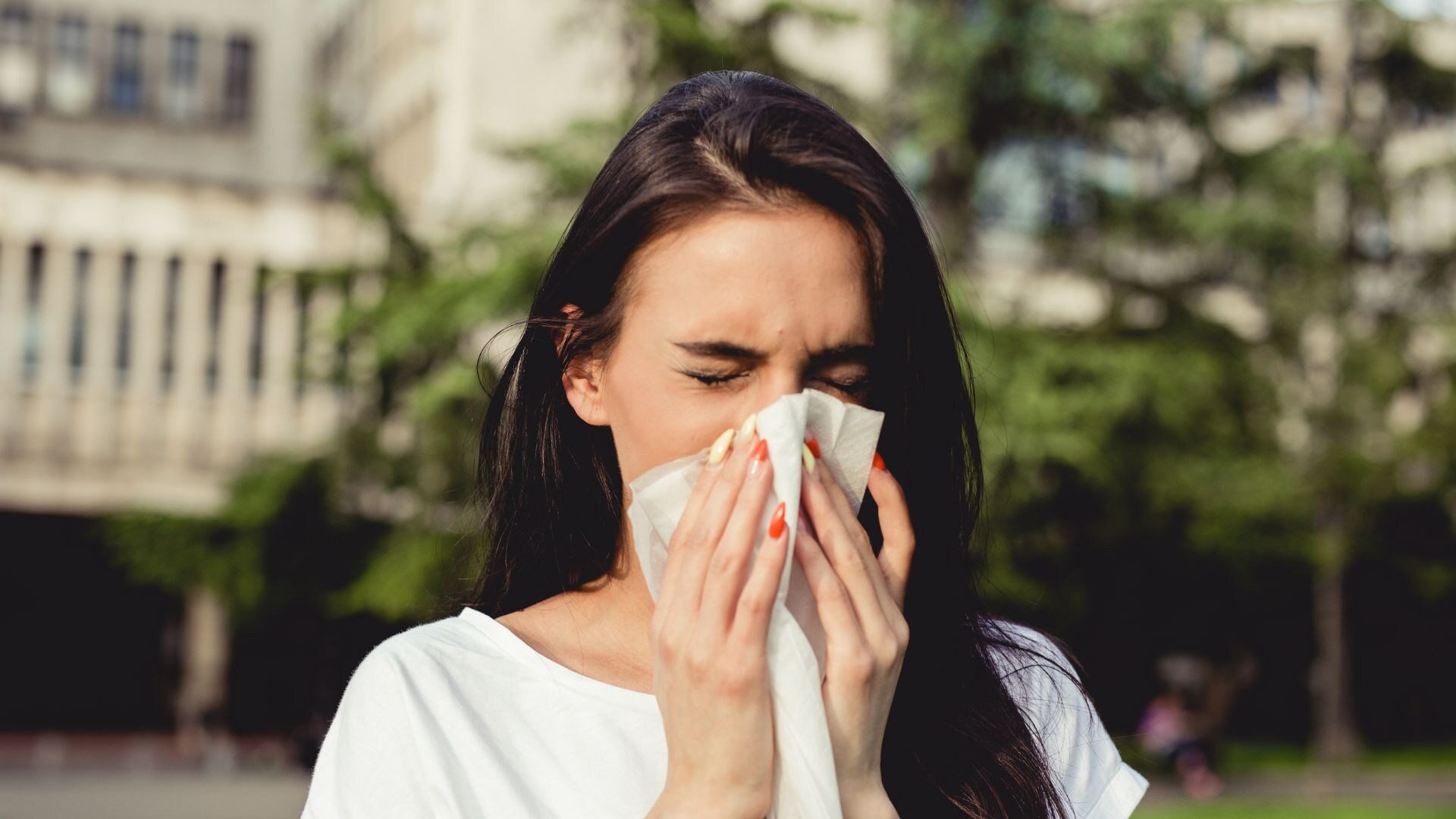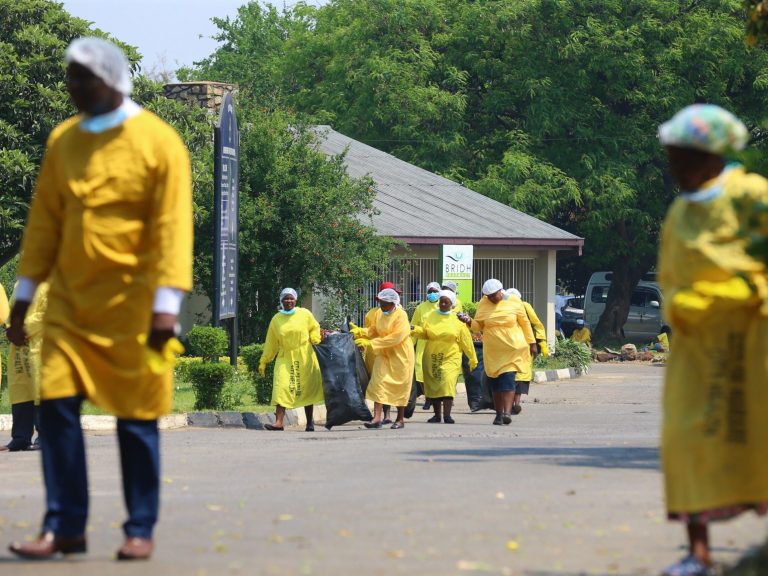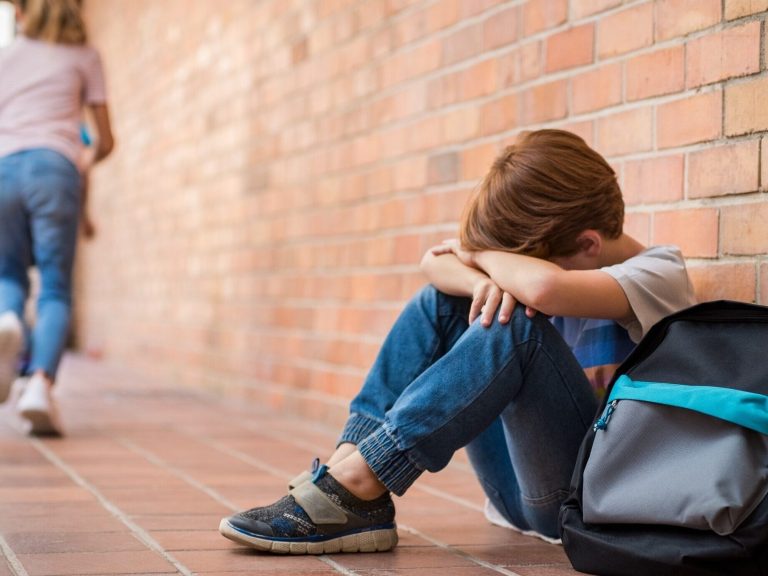Plants pollinate not only in spring. Allergy sufferers must be careful in February

Plant pollen is a difficult time for allergy sufferers. It’s worth remembering that some trees start releasing pollen in winter. Check who should be particularly careful.
Winter is considered the best time for allergy sufferers (due to a significant decrease in the amount of pollen in the air). Unfortunately not for everyone. It is important to remember that some trees begin their pollen season in winter. See what species are involved.
What’s pollen in February?
The pollen season usually begins in February hazel, i.e. trees and shrubs that produce hazelnuts. The highest concentration of allergens in the air is usually recorded in the second half of the month. They can also be felt in March and April, but over time their number decreases and they are no longer so troublesome. Another plant that pollens in February is alder. According to statistics kept by the Environmental Allergen Research Center, the tree releases pollen even until mid-April.
What are the most common symptoms of pollen allergy?
The most characteristic symptoms of pollen allergy include respiratory problems – a dry, tiring cough. Often, there is also a runny nose, sneezing, a stuffy nose, a scratchy throat, fatigue, weakness, etc. They may also be accompanied by skin changes in the form of an itchy rash on the body or conjunctivitis. Allergy symptoms often resemble those occurring during an infection or cold. However, they usually last much longer. Their severity varies. It all depends on the degree of exposure to pollen and individual sensitivity to the allergen.
How to reduce the risk of pollen allergy symptoms?
It is recommended that people with pollen hypersensitivity avoid contact with the allergen. It is worth ventilating the apartment in the early morning or evening (when pollen concentration is lowest). You should also avoid drying laundry or airing bedding outside, as well as driving with the windows open. A good solution is also to avoid contact with animals that have been outdoors, wear sunglasses and close windows during the day. After a walk, you should change your clothes (clothes may contain allergen particles).
What will help with allergies?
Allergy medications available at pharmacies without a prescription usually provide relief. If after taking these remedies, allergy symptoms do not improve or become more severe, it is worth seeking professional help and consulting a general practitioner or an allergist. The specialist may refer the patient for additional tests.






